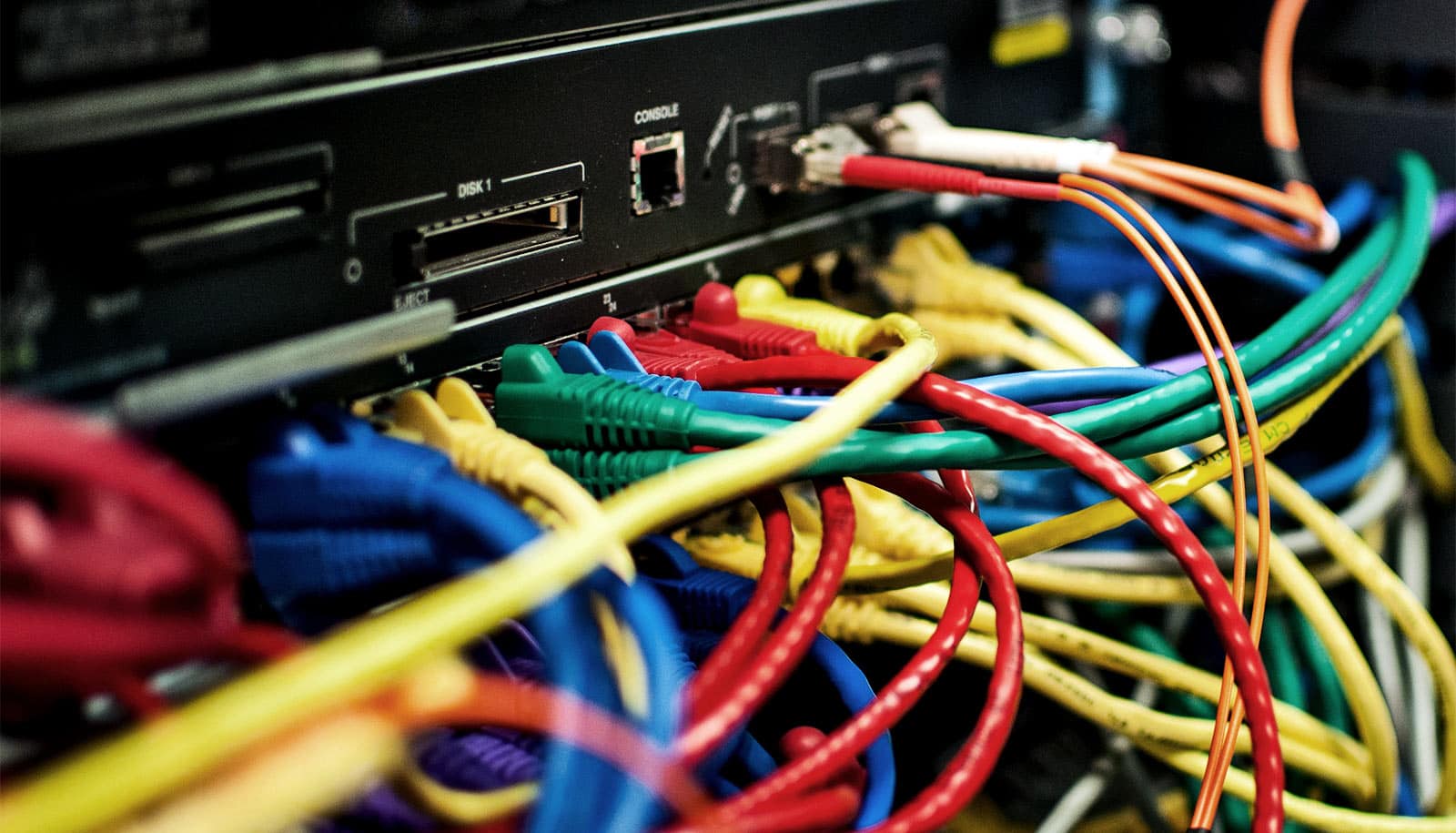Surveillance & Privacy
-

International Shocks and Regional Responses in Data Governance
Recent global crises in intelligence, health, and the military have influenced the evolution of data regulation locally and globally. -

ChinaTalk: Imperial Legacy Part 2: 1949 to Xi's Death
-

The New UN Cybercrime Treaty Is a Bigger Deal Than Even Its Critics Realize
A new treaty endorses a state criminalizing conduct by anyone, anywhere, so long as the conduct harms one of its nationals. -

Hard Lessons From the National Public Data Hack
The sheer scale of the breach and the way in which the data was first collected should be a national security wake-up call. -

The Fifth Circuit Shuts Down Geofence Warrants—and Maybe a Lot More
An astonishing ruling, and one that creates splits on two different issues. -

Chatter: Reconceptualizing National Security with Gina Bennett
How are national security and parenting lessons related? -

ChinaTalk: Sen. Young on Tech Legislation
-

Rational Security: The “God Given” Edition
This week, Alan Rozenshtein, Quinta Jurecic, and Scott Anderson were joined once again by Kevin Frazier to talk over the week’s big national security news. -

Supreme Court Rules in Jawboning Case
The Court determined that the plaintiffs lacked standing to bring their claims. -

Julian Assange to Plead Guilty to Violating Espionage Act
The expected plea deal could signal the beginning of the end of a long saga for the WikiLeaks founder and the Justice Department. -

Chatter: Libertarianism and National Security with Katherine Mangu-Ward
How do libertarians think about national security? -

Open Banking: A Case Study in the Benefits of Interoperability
Policymakers must prioritize decentralizing decision-making power in industries before true technological decentralization can occur.


-(1).png?sfvrsn=7aa9b087_9)

.jpg?sfvrsn=c784278f_7)

.jpg?sfvrsn=42cd153b_5)






